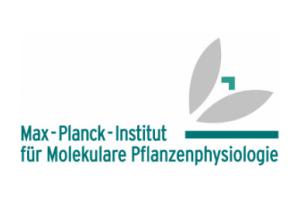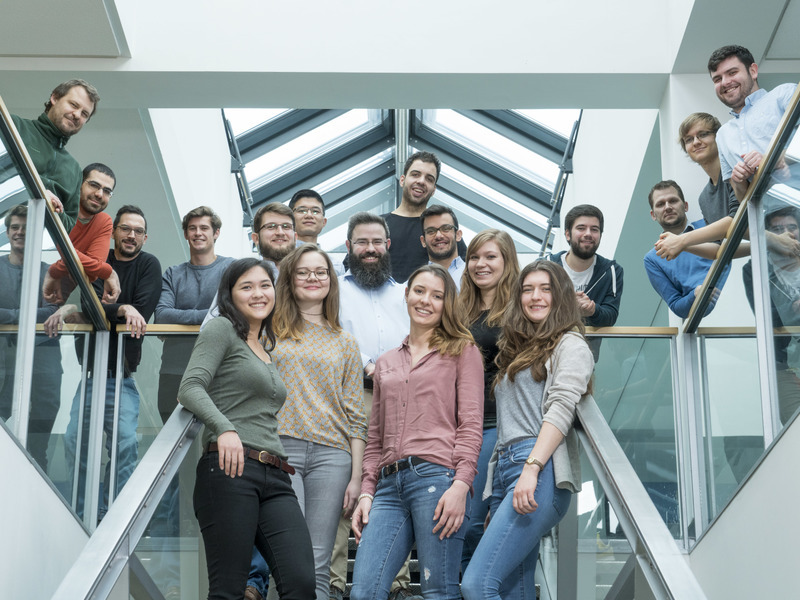Max Planck MP
-
0 comments

For a new green revolution to feed continually increasing populations, agriculture productivity will have to be significantly improved. Synthetic pathways are being engineered that bypass the wasteful photorespiration route and could hence support up to 60% higher carbon fixation rate, significantly boosting plant productivity. This is being supported by EU via the FutureAgriculture project which is delivering a significant advance in synthetic biology – modifying the very core of carbon metabolism with synthetic pathways that carry multiple novel enzymatic functions.
About the Innovator
/futurium/en/file/macplanck-groupjpgmacplanck-group.jpg

Dr. Arren Bar-Even’s research group “Systems and Synthetic Metabolism” at the Max Planck Institute of Molecular Plant Physiology (MPIMP) studies the biochemical logic and design principles of metabolic pathways and their applications in metabolic engineering of microbes. The group focuses on engineering synthetic alternatives to central metabolic pathways, aiming to offer novel solutions for humanity’s needs, for example to increase crop efficiency as in the EU-funded project FutureAgriculture.
- YouTube: Introducing the project coordinator: Max Planck Society
- Twitter: @MPIMP_Potsdam
What is the innovation
We have established E. coli deletion strains enabling sequential selection of novel metabolic routes towards higher in vivo activity. These strains are dependent on the activity of the novel metabolic routes to a different extent, i.e., each require a different level of activity to sustain a given threshold growth. These strains were validated experimentally and found to span a large space of grow-dependencies, making it suitable for sequential evolution of the novel routes towards higher activity.
Out of the lab – Into the Market
Synthetic photorespiration routes developed and analyzed in silico and established and optimized in vivo will be transformed into crop plants to support higher carbon fixation rate and higher productivity. These superior plants will address one of humanity’s greatest challenges – increasing agricultural productivity to sustain an ever increasing population. As such, the engineered plants will be of high interest for seed companies all around the world.
Benefits of participation in the Framework Programme
Our participation in the EU-funded FET project FutureAgriculture has enabled us to collaborate with an interdisciplinary team of experts in the fields of enzymology, synthetic biology, and plant sciences, coming from top-notch international research centres and companies. Only through the partnership established thanks to the Horizon 2020 programme, our organization will be able to bring the innovation potential of our research discovery to the next step.

